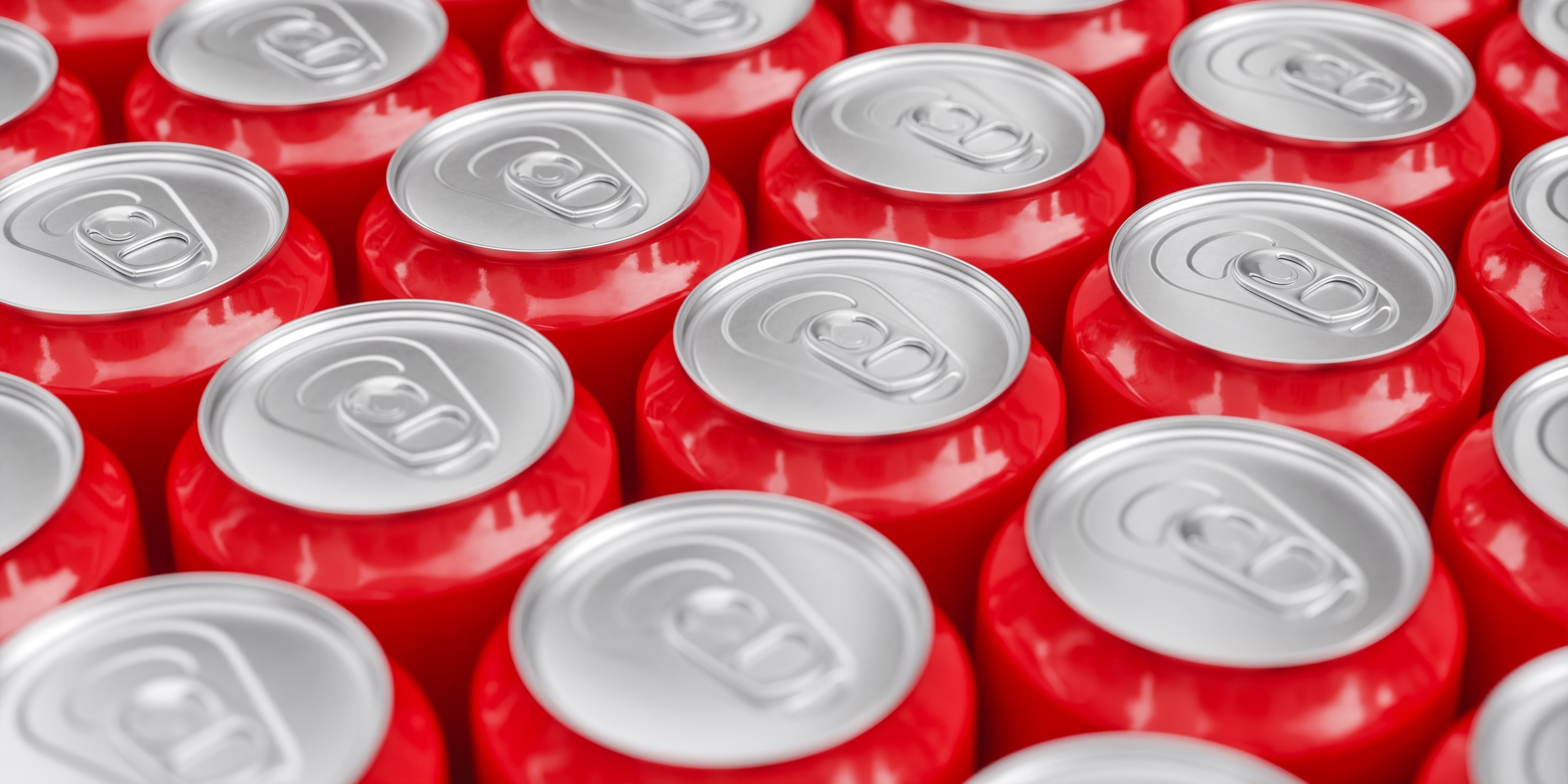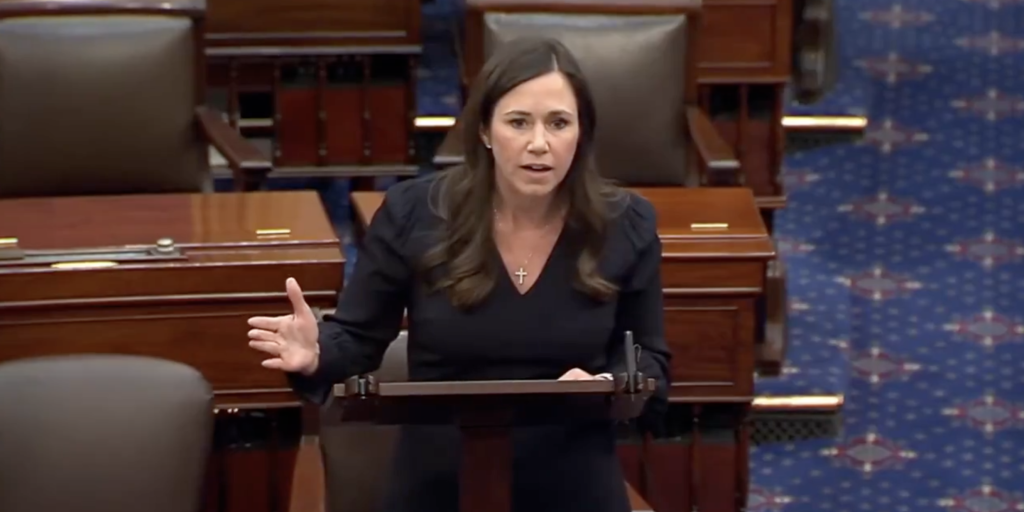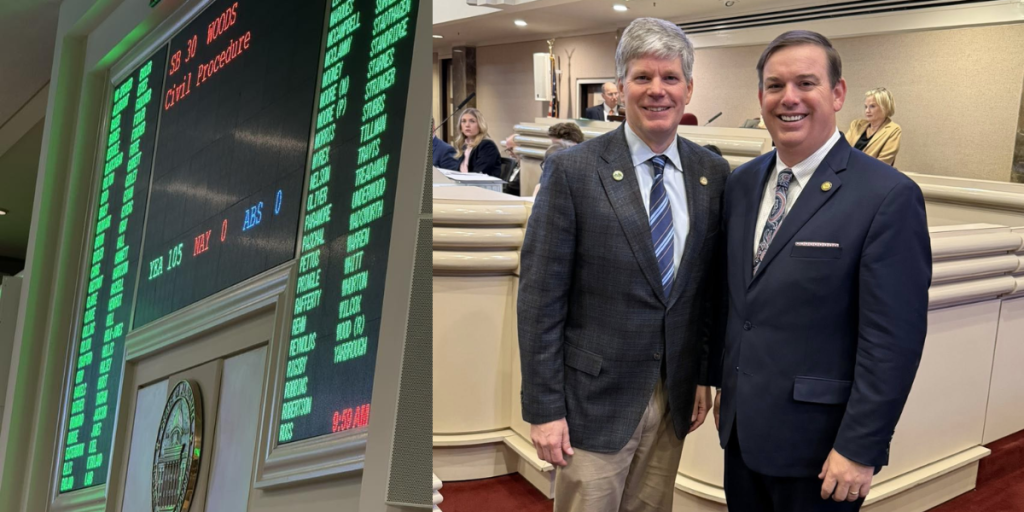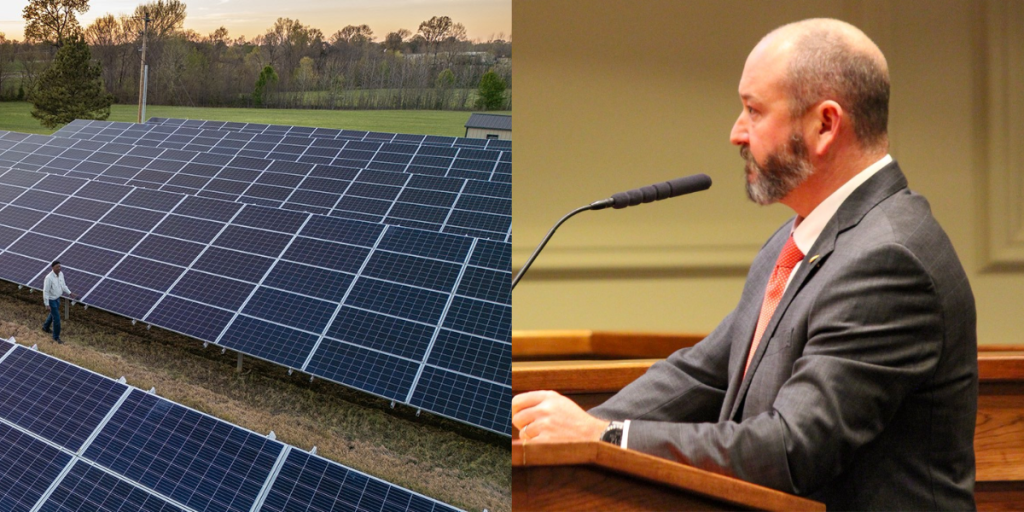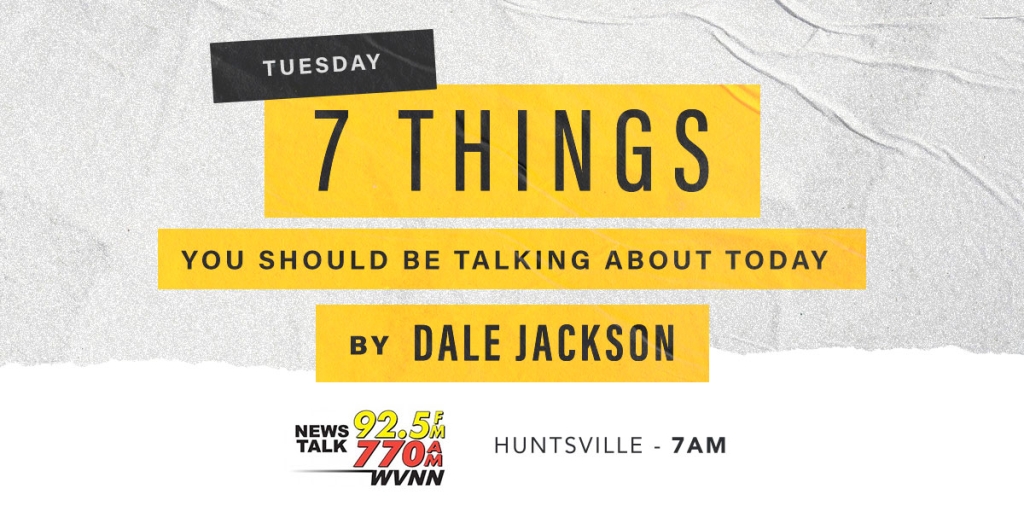Alabama is considering joining 10 other states pursuing legislation to ban the use of Supplemental Nutrition Assistance Program (SNAP) benefits for purchasing candy and soda. The proposed change comes as part of a growing national debate over whether taxpayer-funded food assistance should cover sugary and high-fat foods.
State Sen. Arthur Orr (R-Decatur) announced he will file a bill during Alabama’s 2026 legislative session that would direct the Alabama Department of Human Resources to request a federal waiver to prohibit SNAP recipients from using their benefits to buy candy and soda.
Similar waivers have already been approved by the U.S. Department of Agriculture for Idaho, Arkansas, and Utah, according to Alabama Daily News.
Orr’s draft legislation is modeled on Idaho’s law. It reflects growing concerns over the state’s high obesity rate — about 39% of Alabamians — and the long-term costs of nutrition-related diseases, particularly among residents who are also covered by Medicaid. About 750,000 Alabamians currently receive SNAP benefits, including families with children, older adults, people with disabilities, and veterans.
SNAP, which is federally funded and administered by states, helps low- and no-income households buy groceries. On average, SNAP served more than 42 million people per month nationwide in 2023, or roughly 12.6% of U.S. residents, according to a Newsweek report. By law, benefits can be used for any food intended for human consumption, except alcohol, tobacco, and hot prepared food.
Supporters of restricting SNAP purchases argue that taxpayer money should not fund unhealthy choices, particularly given the public health and healthcare costs associated with high consumption of sugary drinks and candy. They contend that SNAP’s goal is to promote nutrition and alleviate hunger, not to subsidize products that contribute to obesity and chronic disease.
Opponents counter that bans are unlikely to significantly improve health outcomes and would stigmatize recipients by policing their food choices in a manner not applied to others. They also note the practical challenges of defining “junk food,” enforcing bans at checkout, and ensuring recipients can still stretch their benefits to meet their needs. Critics argue that broader solutions — such as increasing access to affordable fresh food and expanding nutrition education — are more effective ways to improve public health.
RELATED: Tuberville in bipartisan push for healthier food options for SNAP participants
Ten Republican-led states are currently advancing or considering similar legislation, according to Newsweek. In addition to Idaho, Arkansas, and Utah, bills have been proposed or are moving through legislatures in Arizona, Iowa, Missouri, Montana, Tennessee, Texas, and West Virginia.
The Alabama proposal also comes as states prepare for a shift in how SNAP is funded. Under a federal law signed earlier this year, states will be required to begin covering a portion of SNAP benefit costs in fiscal year 2028, with the percentage tied to the accuracy with which each state administers the program. Alabama’s current payment error rate would result in the state covering approximately 10% of SNAP costs — estimated at $172 million annually — although states with low error rates could pay nothing, while those with higher rates could pay up to 15%.
Sherri Blevins is a staff writer for Yellowhammer News. You may contact her at [email protected].




